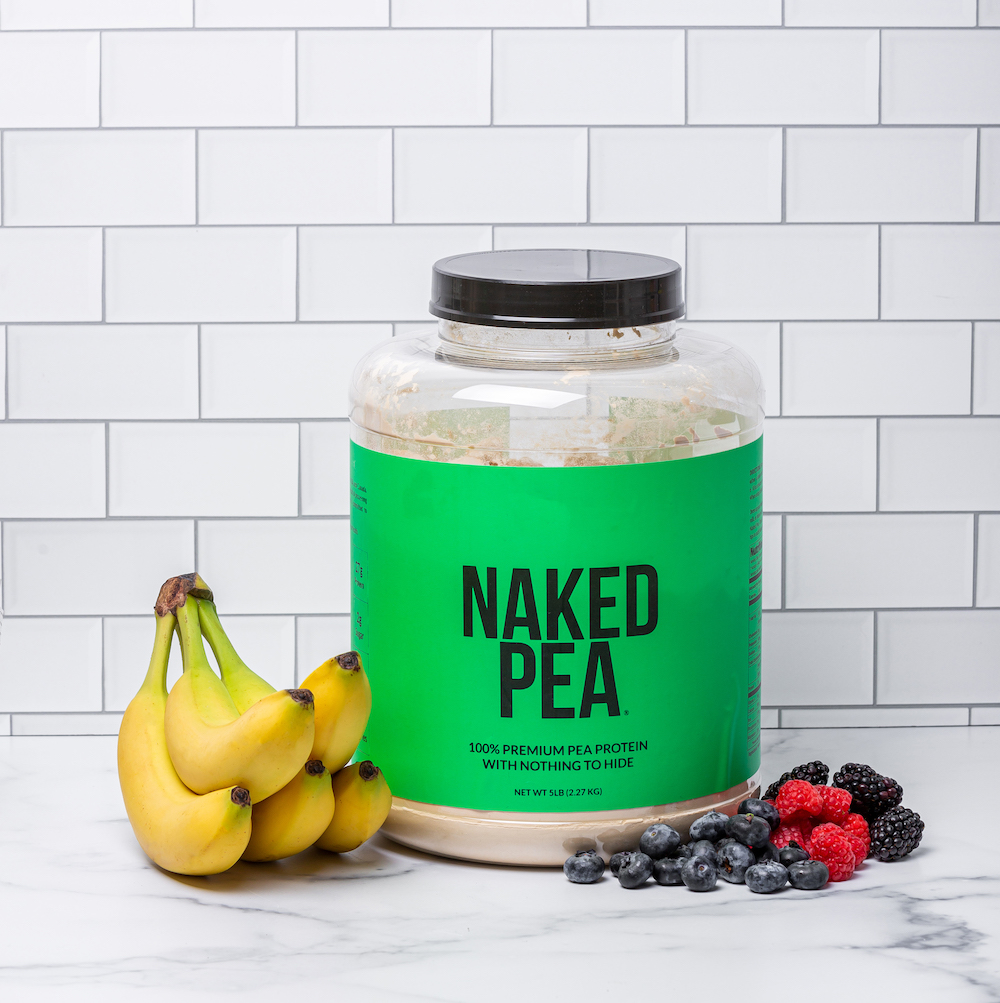
Many people have difficulty focusing and could benefit from strategies to improve concentration and boost productivity.
The world we live in is full of distractions, and we are constantly being stimulated which can lead to poorer sleep quality and increased fatigue. This often affects our mood and productivity.
There’s good news, though – try these tips to help you get in the zone and increase mental focus and productivity.
Optimize your sleep
Andrew Huberman, Ph.D., says the best nootropic is sleep.
Nootropics are a wide range of supplements and medications that many believe may improve the brain’s cognitive functioning including thinking, memory, executive function, creativity, and motivation.
Although there are many compounds you can take to improve your cognitive functioning, Huberman says optimizing your sleep will do more for your physical and mental well-being than any drug or supplement.
Here are some evidence-based tips for improving your sleep:
- View sunlight by going outside within 30-60 minutes of waking up. Do that again in the late afternoon, prior to sunset.
- Wake up at the same time each day and go to sleep when you first start to feel sleepy.
- Avoid caffeine within 8-10 hours of bedtime.
- Avoid viewing bright lights—especially bright overhead lights between 10 pm and 4 am.
- Limit daytime naps to less than 90 min, or don’t nap at all.
- Keep the room you sleep in cool and dark and layer on blankets that you can remove.

The Pomodoro Technique
The Pomodoro Technique was developed in the late 1980s by Francesco Cirillo.
The Pomodoro Technique is a time management strategy that encourages people to alternate pomodoros, or focused work sessions, with frequent short breaks to support prolonged concentration and prevent mental fatigue.
Try the Pomodoro Technique if
- Your workday is often derailed by frequent little distractions
- You consistently work past the point of optimal productivity
- You have many open-ended projects that could take unlimited time (e.g., studying for an exam, research for a blog post, etc.)
- You are exceedingly overzealous when it comes to how much you can get done in a day (so many of us are)
- You enjoy goal-setting that feels like a game
Using this method, you’ll break your workday into 25-minute chunks separated by five-minute breaks.
These work periods are referred to as pomodoros. After about four pomodoros, you take a longer break of about 15 to 20 minutes.
If there is an unavoidable interruption, take your five-minute break and start again. Cirillo recommends that you track disruptions as they occur and reflect on how to prevent them in your next session.
Fuel consistently throughout the day

Your brain needs adequate nutrition to function properly. Eating balanced meals and snacks every 3-4 hours can help increase your energy and mental stamina.
Eat a balanced breakfast consisting of carbohydrates, protein, and dietary fat. This will keep you feeling full and focused for longer.
Your brain loves to run on carbohydrates, but the body doesn’t store them very well. That’s why it’s important to consume them frequently throughout the day.
Combining protein with carbs slows digestion, keeping energy levels stable and taking you further until your next meal.
When that mid-morning slump hits, consider a pea protein shake for a quick and easy way to recharge. Add some fruit for carbohydrates and fiber. Blend it up in a smoothie with plant-based milk for a delicious brain-boosting snack. Between pea protein vs. whey, pea is often considered to be a good alternative because of the presence of many of the essential amino acids required for muscle preservation and recovery.
Practice mindfulness

If you frequently notice your mind wandering from the task in front of you, don’t worry, you’re not alone.
Distracted thinking is something we all experience to some extent, however if this happens all the time, it can be difficult to get anything done. That’s where mindfulness comes in.
Mindfulness practice has been shown to increase neuroplasticity, reduce age-related brain degeneration, and improve cognitive functioning. Being mindful means you can stay present in the moment with awareness of where you are and what you’re doing.
Practicing mindfulness lets you recognize when your attention starts to drift, and you can quickly bring your focus back to where it needs to be.
You can also train your brain to be more mindful by practicing breathing techniques, meditation, and mindful movement, such as yoga.
Nootropics (caffeine, L-theanine, and adaptogens)
Nootropics are supplements and medications that many believe can improve the brain’s cognitive functioning.
If your sleep, nutrition, and hydration are dialed in, but you still have difficulty focusing, you may want to add one of the following nootropics to your routine.
Caffeine blocks the brain-signaling molecule adenosine. This causes an increase in other signaling molecules, such as dopamine and norepinephrine. This change in brain chemistry is believed to benefit your mood and brain function, leading to increased focus, mental stamina, and productivity.
L-theanine is a compound found in green tea and other plants. Some research shows that an L-theanine supplement may help increase mental alertness, and improve reaction time and memory.
Adaptogens are herbs or mushrooms that may help your body recover from physical, chemical, or biological stress. Research shows adaptogens may combat fatigue, and enhance mental performance.
Some common adaptogens include cordyceps, reishi, and lion’s mane.
Summary
If you’re looking for a way to increase mental focus and productivity throughout the day, first make sure you’re getting quality and adequate sleep, then check your nutrition and hydration.
If you’re still having difficulty focusing, you can practice mindfulness or alter the way you manage your time during the day using The Pomodoro Technique.
There are also supplements you can take that may help improve cognition and increase mental stamina.



